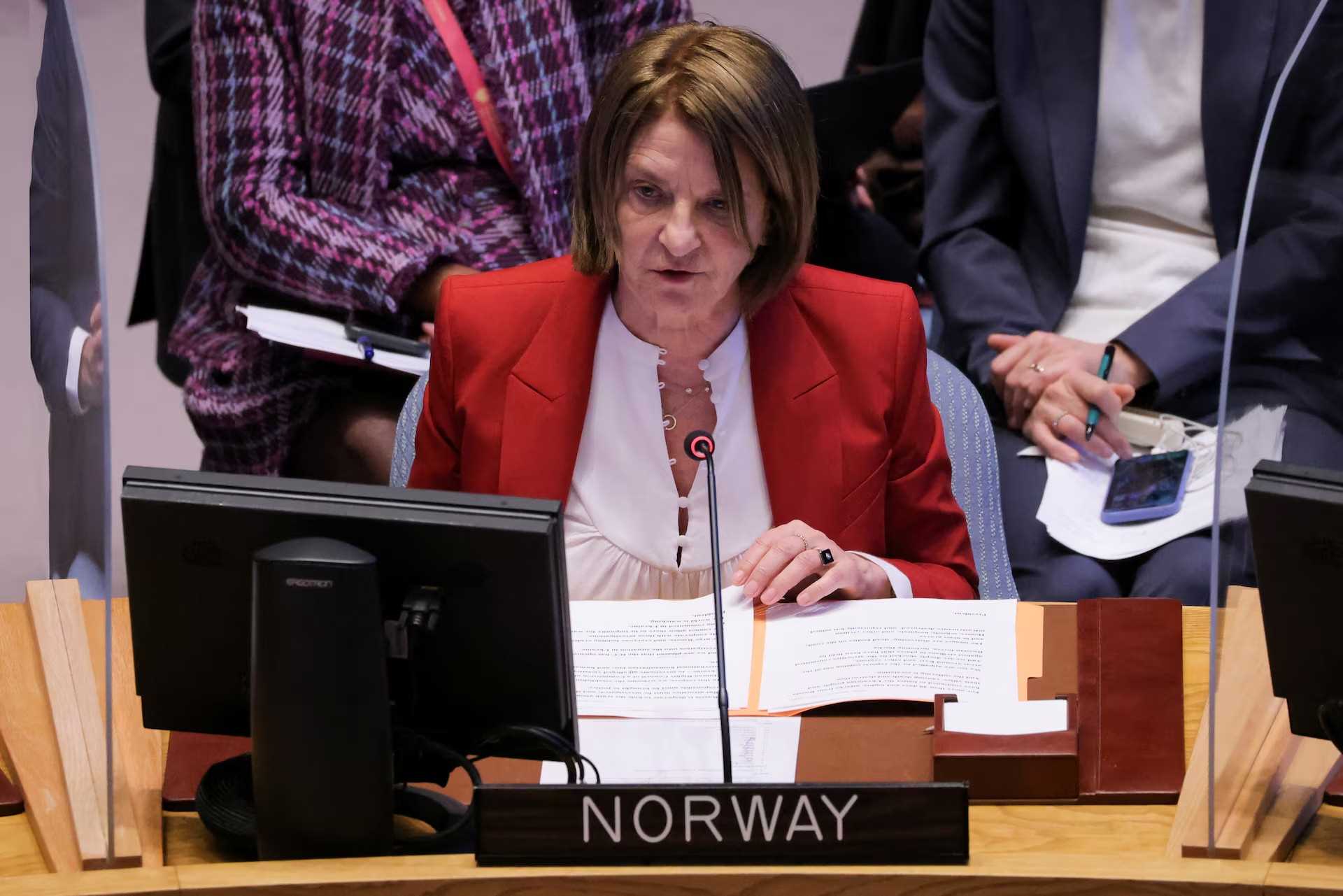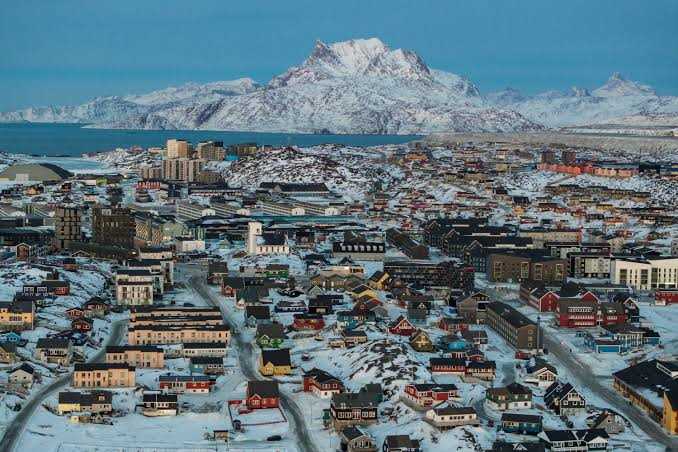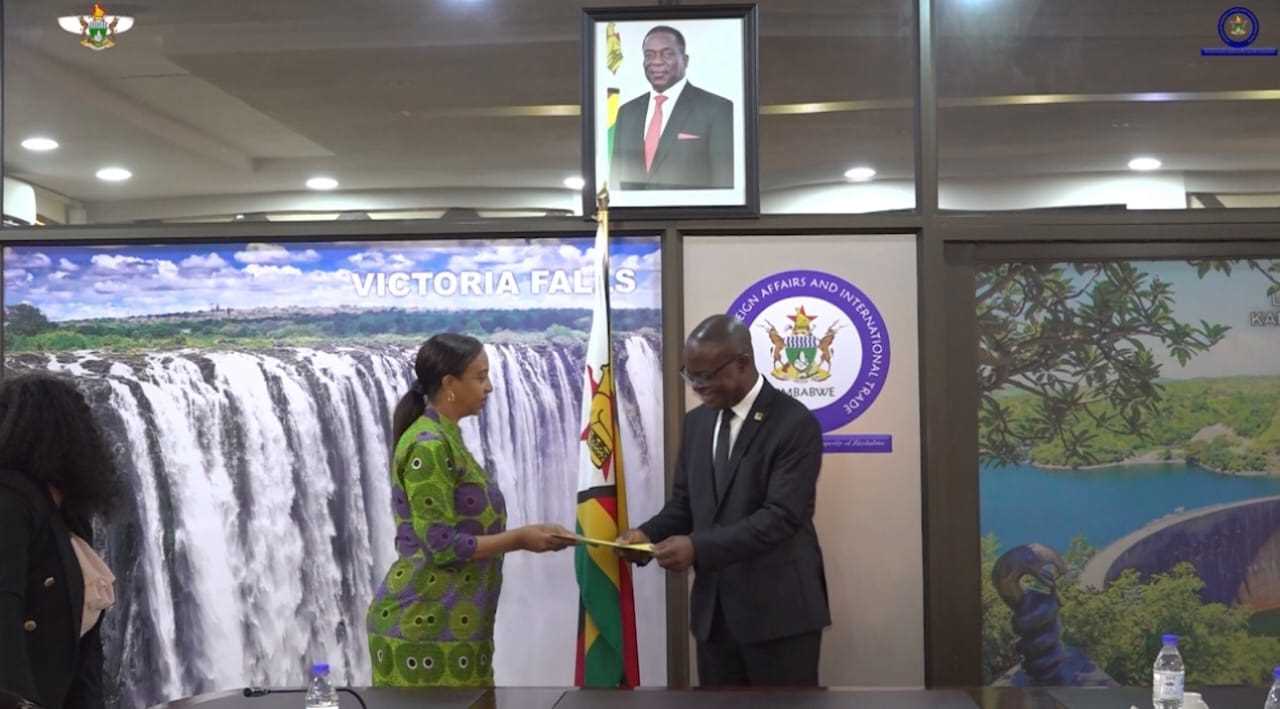
Oscar J. Jeke
Zim Now Reporter
Azerbaijan's President, Ilham Aliyev, defended his country's fossil fuel industry at the COP29 climate summit, calling oil and gas a "gift of God" and asserting that nations should not face criticism for possessing or utilizing these resources.
Aliyev’s remarks were made during an address to delegates at the climate conference in Baku, Azerbaijan. He criticized what he termed "Western fake news," which he claimed exaggerated Azerbaijan's environmental impact, noting that the country contributes only "0.1%" of global emissions.
Azerbaijan, a major oil and gas producer, plans to increase its gas output by one-third over the next decade, indicating its commitment to fossil fuels as a core economic asset. This stance contrasted sharply with UN Secretary-General António Guterres, who warned against expanding fossil fuel reliance and called for rapid investment in clean energy, describing 2024 as “a masterclass in climate destruction.”
Related Stories
The host nation faced scrutiny as its Minister of Ecology, a former executive from Azerbaijan’s state oil company SOCAR, chaired COP29, sparking concerns that Azerbaijan might leverage the platform to attract investment in its oil and gas sectors. However, Aliyev maintained that natural resources, including oil and gas, should be freely developed by nations endowed with them to meet global needs.
In response, UK Prime Minister Sir Keir Starmer advocated for bold emissions targets, aiming for an 81% reduction by 2035 and urging other nations to pursue similar ambitions to remain competitive in the clean energy sector.
Zimbabwean President Emmerson Mnangagwa, addressing the summit, highlighted steps his country has taken toward global energy transition agreements and committed to creating more green jobs in the coming years. His remarks, however, avoided mention of Zimbabwe's large coal reserves, which could provide economic benefits for decades.
Negotiations at COP29 are expected to focus on financial aid commitments to help developing nations mitigate climate impacts, though disagreements over fossil fuel policies may complicate consensus on critical issues.




















Leave Comments